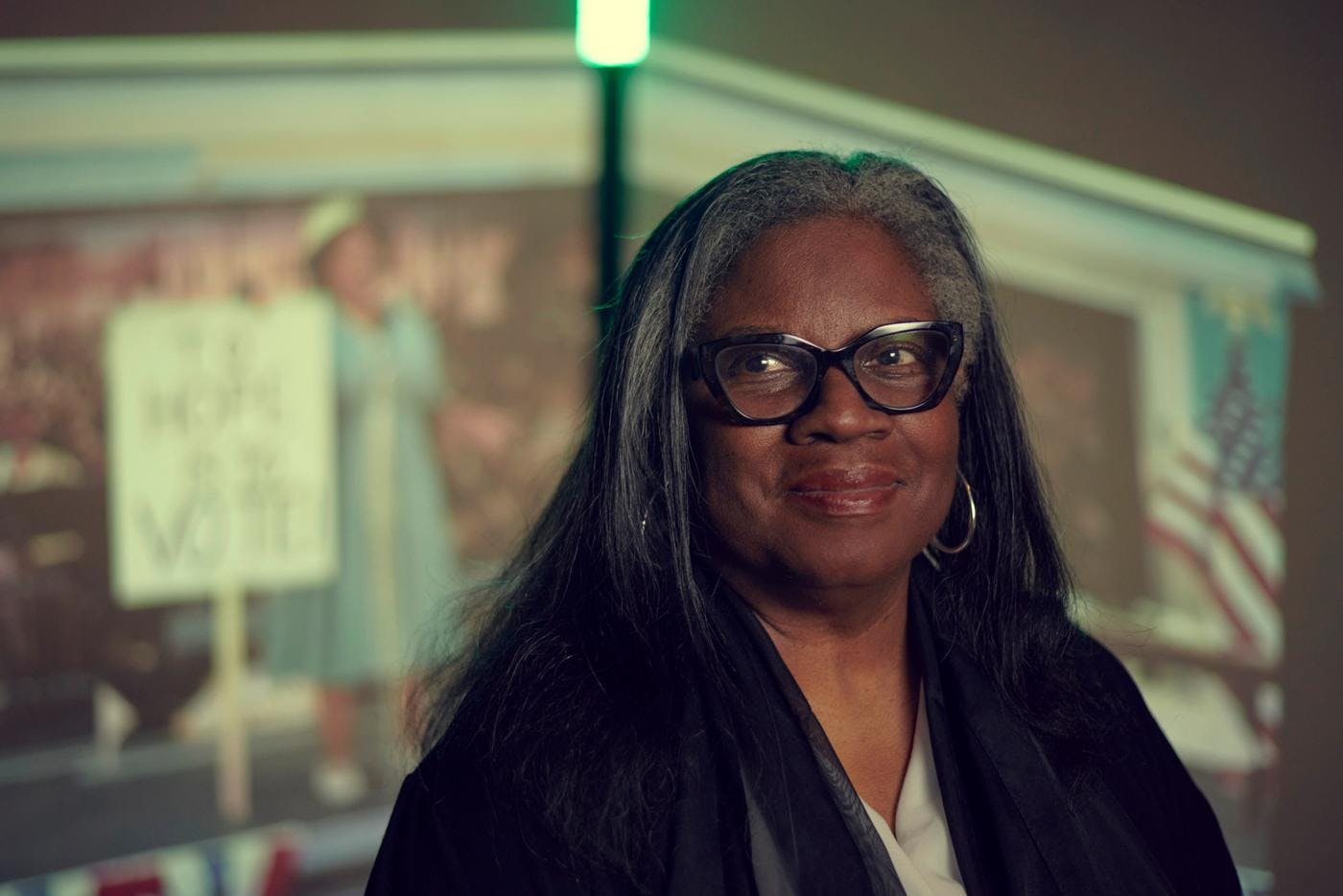
Cheryl L. West
Seattle Rep’s most-produced living playwright tells complex Black stories with integrity and poetry.
The accomplished Seattle theater actor and playwright brings Black voices and histories to the stage.
by Jas Keimig / June 16, 2023
In early 2023, Seattle actor and playwright Reginald André Jackson helped turn ACT Theatre’s stage into a time machine.
In Jackson’s play History of Theater: About, By, For, and Near, which draws its name from W.E.B. Du Bois’s “Four Principles of Negro Theater,” a contemporary Black playwright (played by Tracy Michelle Hughes) travels back in time to 1930s Seattle to enlist Black actors from the Negro Repertory Company to act out 200 years of Black theater history.
From the Hyers Sisters’ pioneering work in Black musical theater to Pat Chappelle’s first all-Black vaudeville troupe, the play unearths hidden figures of the theater past and uses fictional Black players from Seattle to embody and discuss their history.
For Jackson — who also appeared in the play, bringing his trademark gravitas to his role as a Negro Rep actor — the work epitomized his commitment to bringing Black life and history to the stage.
Growing up in Portland, Jackson first became interested in theater when a middle school English teacher had students act out a book they were reading. He then auditioned for an arts magnet school and, once he started getting theater training, “never looked back.”

Since moving to Seattle in 1990 at age 22, the actor has made this city his home. Soon after arriving, an experience helped Jackson truly understand the power of his chosen medium.
Jackson had landed an ensemble role in a Seattle Shakespeare Company production of Othello, starring Seattle- and Los Angeles-based actor Anthony Lee in the title role. “I saw this strong, powerful Black man doing Shakespeare,” he says. “I was like, ‘Wow.’”
Tragically, L.A. police shot and killed Lee during a Halloween party in 2000. It was theater that helped the devastated Jackson process the unjust death of his friend.
“I didn’t realize until some years later [when] we were in the theater that we did Othello in,” he says. “We were doing a ‘hands up’ project and we were relating all these stories from different playwrights about Black people getting shot. I thought I was just there as an actor and I realized, No, this has touched me personally. I was just wrecked.”
In his three decades here Jackson has adapted for the stage a bevy of fictional and historical works about the Black-American experience, including two Christopher Paul Curtis novels: Bud, Not Buddy, about a Depression-era orphan who sets out to find his father; and The Watsons Go to Birmingham — 1963, which follows a Black family from Michigan visiting family in Alabama when tragedy rocks their family and the nation.
In 2015, Jackson wrote and starred in Emboldened, a play about the rollickin’ life of New Orleans cornetist Charles Joseph “Buddy” Bolden, which The Stranger’s Brendan Kiley called “a bold experiment in historical fiction.”

As an actor Jackson has appeared on virtually every stage in Seattle, playing roles ranging from Aufidius in Coriolanus at Seattle Shakespeare Company to Wolf in August Wilson’s Two Trains Running at Seattle Rep. He’s currently a core company member at ACT, where he’s starred in shows such as Romeo and Juliet, Michael Bradford’s Fathers and Sons and Lynn Nottage’s Sweat.
When the pandemic hit in March 2020, Jackson, along with thousands of other artists in the city, found himself unemployed. When news of George Floyd’s murder swept the nation and an open letter, We See You White American Theater, forced theaters to reexamine their complicity in white supremacy, Jackson felt moved to unearth the contributions of Black theater-makers.
He conceived of, researched and wrote History of Theater during quarantine as a way to bring light to forgotten Black voices. In his view, things are looking up.
“We’re in an interesting time — time where people are at least listening and open to hearing more diverse stories,” Jackson says. “I see a lot of people like me, performers or directors, that are now starting to start to tell stories and to write things for the stage.”
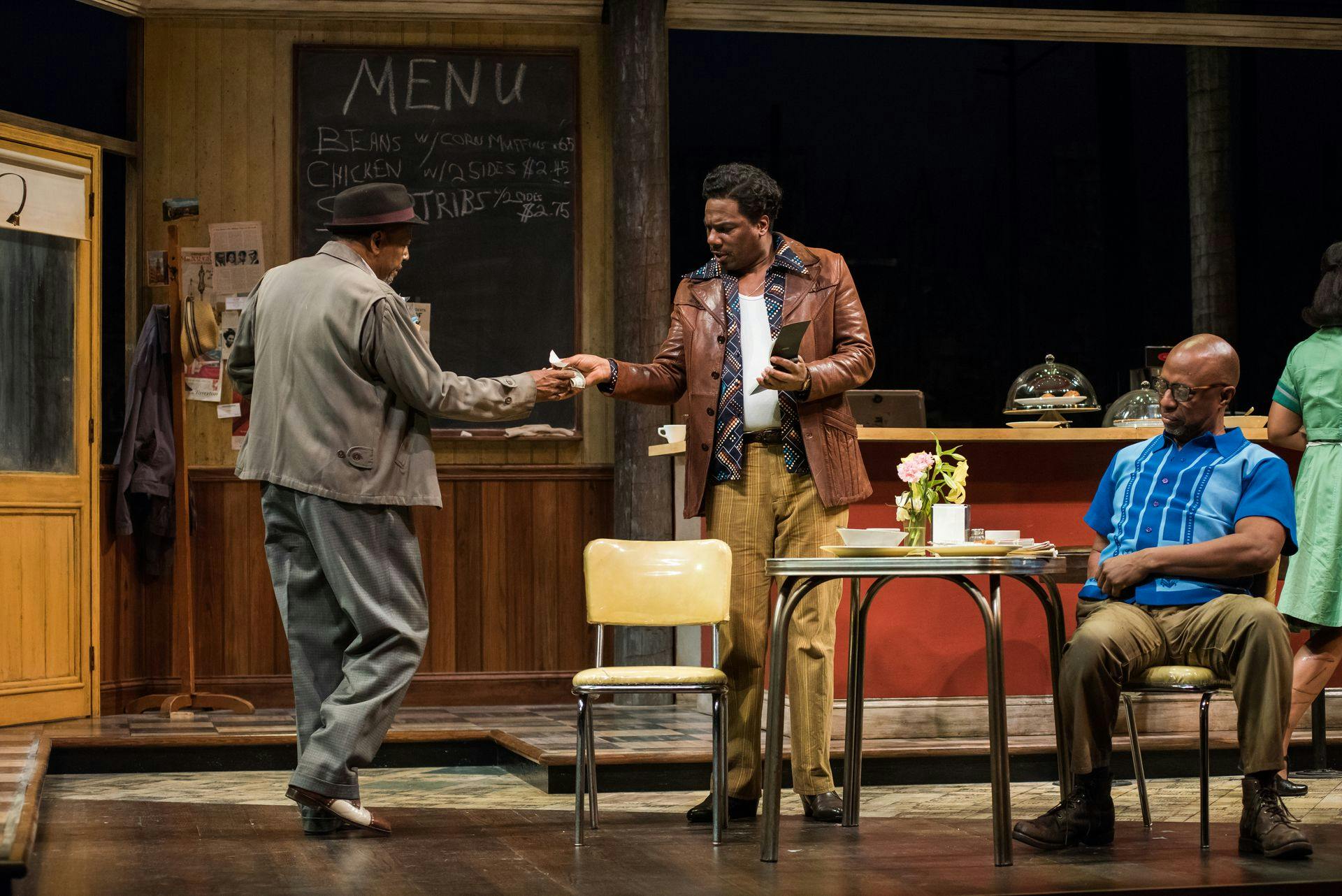
Black Arts Legacies Writer
ARTIST OVERVIEW

Actor, playwright
(b. 1968)

Seattle Rep’s most-produced living playwright tells complex Black stories with integrity and poetry.

The theater director and The Hansberry Project co-founder is fostering the next generation of actors, directors and playwrights.
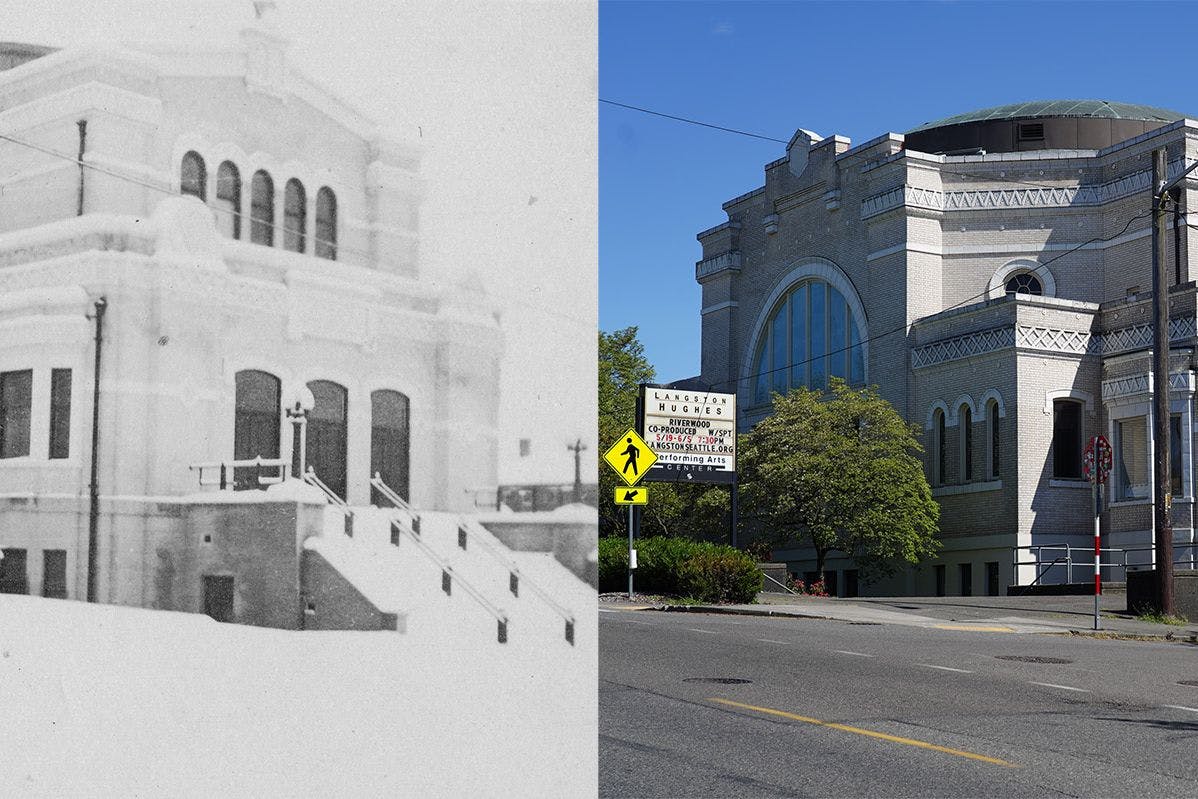
Born from a 1960s urban relief program, the former synagogue has fostered generations of Black artists.
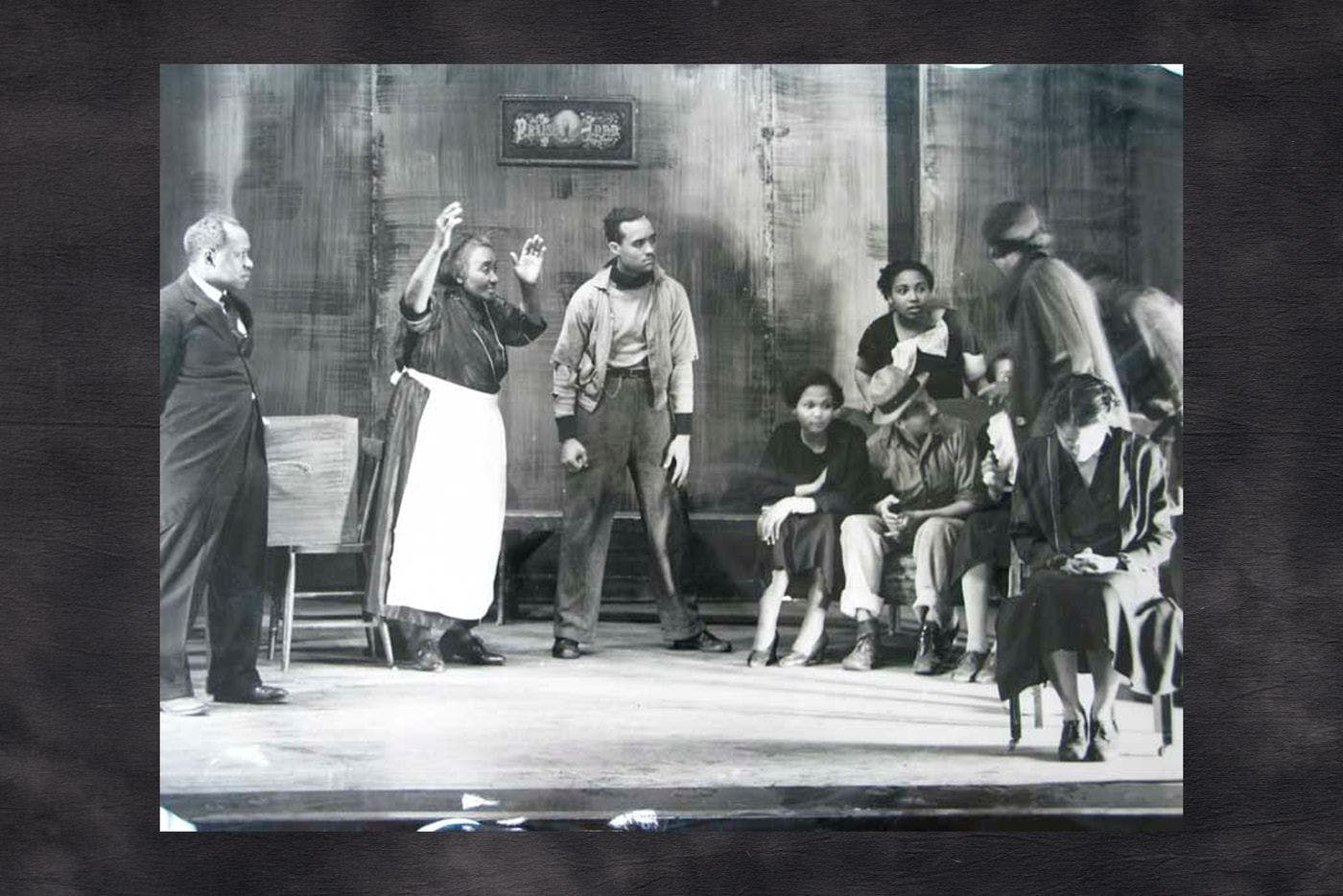
The Depression-era Black theater company celebrated Black storytelling with self-determined, interdisciplinary and collaborative works.

After landing on the stage unexpectedly, this Seattle actor/director’s 50-year career played a major role in the city’s Black theater scene.
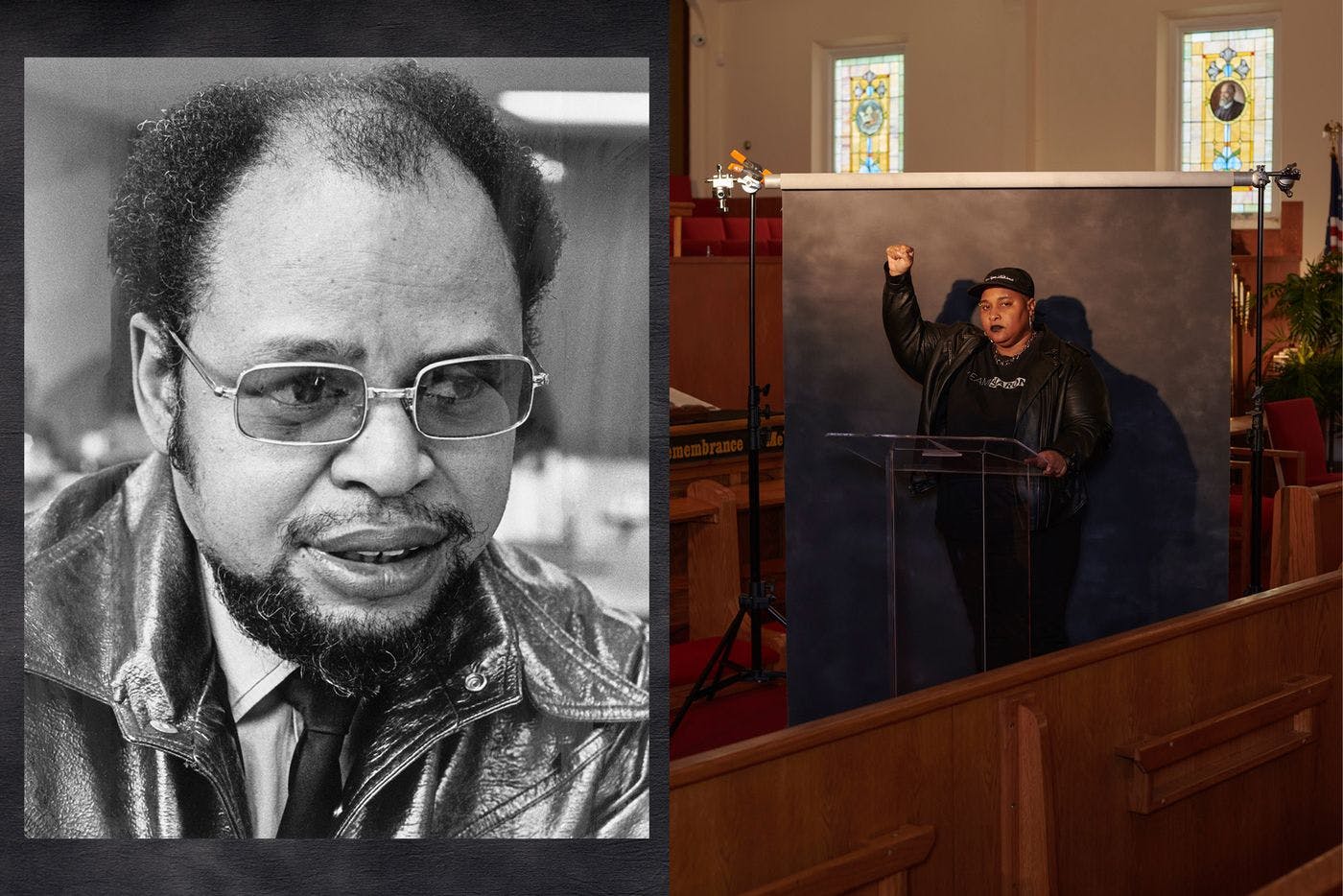
The driving forces behind Black Arts/West and CD Forum share a mission to tell Black stories in the theater.

This actor/director found her place in Seattle theater by embracing risk and seizing her own narrative.

With art, puppetry and real talk, this television pioneer prioritizes children of color.
Thanks to our Sponsors
Your support helps Crosscut create projects like Black Arts Legacies. Learn how you can help with a one-time donation or recurring membership.
Support Crosscut